So there is a gas station near my place that was on fire. I asked one of the workers after this incident about the cause of fire and it appeared something was not right with grounding. Does anyone know the reason why people ground the body of a gas truck while filling a tank ?

Also this happen when electricians work on transmission lines .